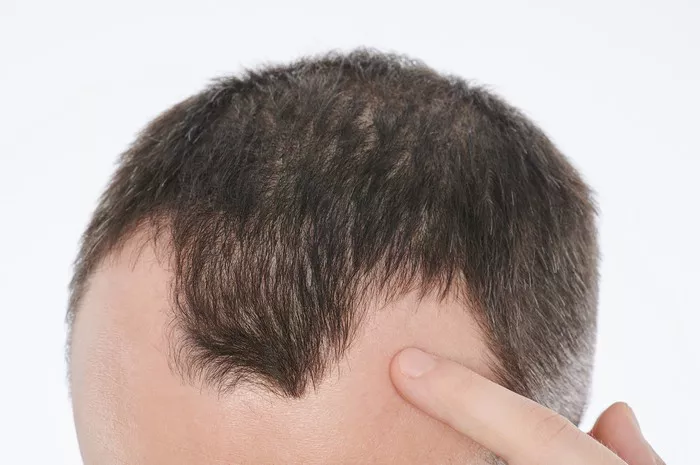Pregnancy is a beautiful and transformative journey for many women, accompanied by numerous physical and emotional changes. While the focus is often on the joys of motherhood, some women may experience postpartum hair loss, which can be disconcerting and emotionally challenging. Postpartum hair loss is a common occurrence and is often a temporary condition. Understanding the causes of hair loss after pregnancy is crucial for new mothers to navigate this phase with confidence and reassurance. In this comprehensive article, we will delve into the factors contributing to postpartum hair loss and explore effective strategies for managing and supporting hair health during this delicate time.
Nutritional Factors
During pregnancy and lactation, a woman’s nutritional needs increase to support her own health and the needs of her baby. After childbirth, some women may experience nutritional deficiencies, which can contribute to hair loss.
For example, low iron levels, commonly experienced after childbirth, can lead to hair thinning and shedding. Additionally, inadequate intake of essential vitamins and minerals, such as biotin, zinc, and vitamin D, can impact hair health.
1. Stress and Emotional Impact
Becoming a new mother is a significant life change that comes with a mix of emotions, including joy, excitement, and stress. Adjusting to the demands of motherhood, sleep deprivation, and hormonal changes can trigger emotional stress, which, in turn, may contribute to hair loss.
The stress associated with caring for a newborn and the challenges of adjusting to a new routine can lead to telogen effluvium, exacerbating postpartum hair shedding.
2. Hair Styling and Care Habits
During the postpartum period, new mothers may have limited time for hair care or opt for hairstyles that require minimal maintenance. Overly tight hairstyles or frequent use of heat styling tools can lead to hair breakage and damage, further contributing to hair loss.
3. Genetics and Individual Variation
Genetics also play a role in postpartum hair loss. Some women may experience more significant hair shedding than others due to individual differences in hair follicle sensitivity to hormonal changes.
If a woman has a family history of hair loss or experienced postpartum hair loss with previous pregnancies, she may be more prone to this condition.
Supporting Hair Health Postpartum
While postpartum hair loss is a natural and temporary process, there are several strategies new mothers can adopt to support hair health during this phase:
1. Nutrition:
A well-balanced diet rich in essential vitamins, minerals, and nutrients is crucial for hair health. Include iron-rich foods, such as leafy greens and lean meats, as well as foods high in biotin, zinc, and vitamin D.
2. Supplements:
If nutritional deficiencies are a concern, consult with a healthcare professional or a registered dietitian to determine if supplements are necessary.
3. Gentle Hair Care:
Opt for gentle hair care practices, such as using sulfate-free shampoos and avoiding excessive heat styling. Minimize tight hairstyles that can lead to tension on the hair shaft.
4. Stress Management:
Find time for self-care and relaxation to manage stress levels. Engage in activities that bring joy and relaxation, such as meditation, yoga, or spending time outdoors.
5. Hairstyles:
Choose hairstyles that require minimal manipulation and avoid hairstyles that pull the hair tightly.
6. Scalp Massage:
Regularly massage the scalp to improve blood circulation and promote hair growth.
7. Professional Advice:
If you are concerned about postpartum hair loss, seek guidance from a dermatologist or a trichologist. They can assess your specific situation and provide appropriate advice.
Conclusion
Postpartum hair loss is a common and natural phenomenon experienced by many women after childbirth. Understanding the hormonal changes and factors contributing to hair shedding can help new mothers navigate this phase with confidence and reassurance.
While postpartum hair loss can be emotionally challenging, it is essential to remember that it is typically temporary and will improve over time. By adopting hair care practices that support hair health, managing stress, and ensuring proper nutrition, new mothers can take proactive steps to nurture their locks during this transformative period.
Remember that every woman’s journey is unique, and individual experiences with postpartum hair loss may vary. Embracing self-care and seeking professional advice when needed can empower new mothers to embrace the beauty of this extraordinary chapter in their lives while enjoying the precious moments of motherhood.


